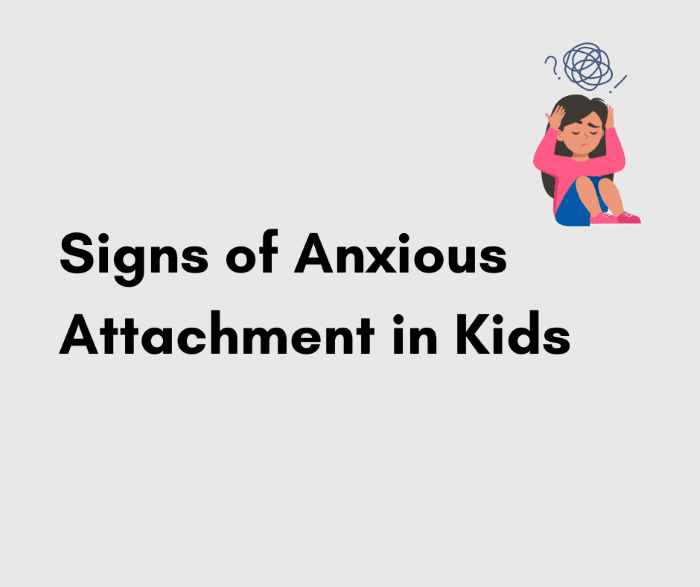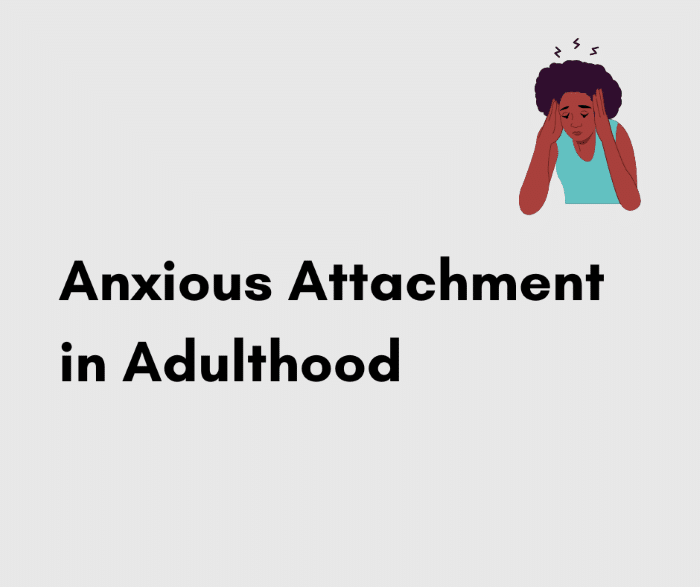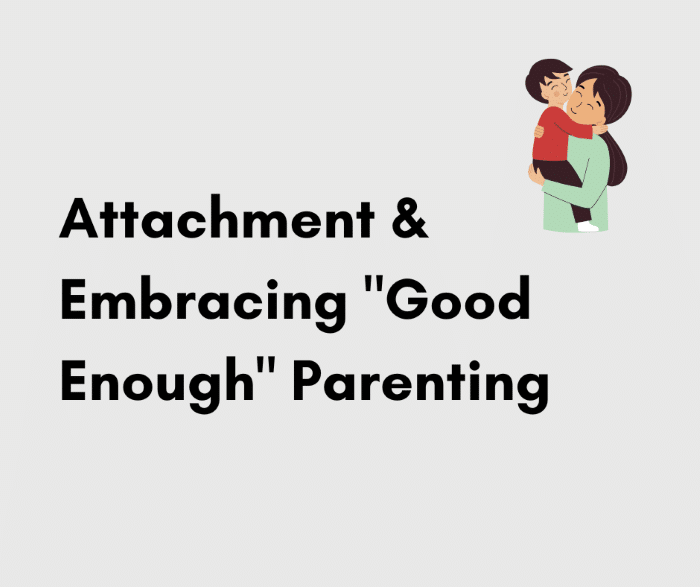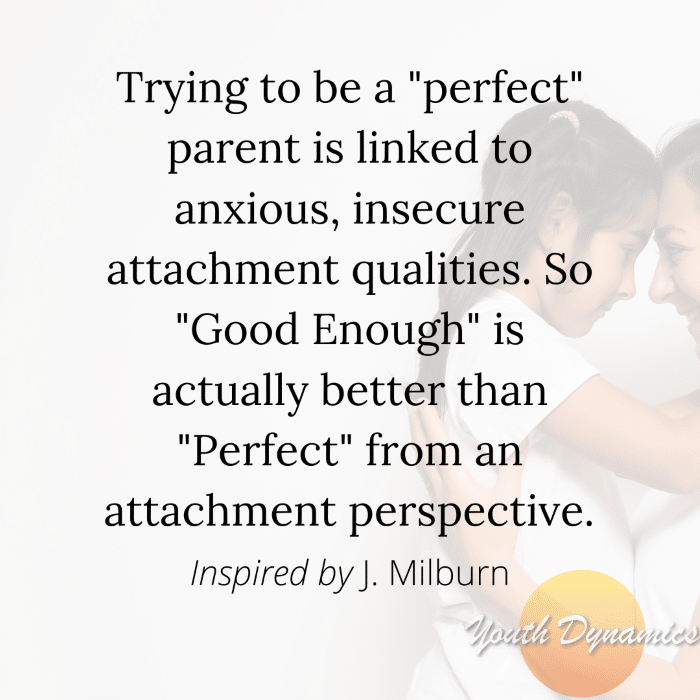Did you know that trying to be a “perfect” parent can be linked to anxious, insecure attachment?
Unrealistic expectations and constant fear of mistakes, associated with perfectionism, can lead to anxiety and strain in the parent-child relationship, having an impact that can last a lifetime.

Signs of Anxious Attachment in Kids
Below is an illustration of what anxious attachment may look like in children.
😩 Separation anxiety
Kids may experience intense separation anxiety when away from caregivers, becoming agitated or anxious—fearing they won’t return.
😭 Inconsolable
Children may have difficulty soothing when distressed. They may struggle with calming down even when caregivers try to console them.
😕 Emotional regulation challenges
Anxious attachment can lead to difficulties in regulating emotions. Kids may struggle to manage feelings of anxiety, fear, or frustration.
🤷♂️ Inability to identify feelings
Children may have trouble identifying and expressing their emotions clearly. They may experience a general sense of unease or discomfort without being able to pinpoint their specific feelings or what triggered them.
😡 Highly emotionally reactive
Kids with an anxious attachment style may display high levels of emotional reactivity, responding strongly to perceived threats or stressors, leading to emotional outbursts.
🤗🙅♀️ Either too close or not close enough to caregivers
Anxious attachment can lead to ambivalent behaviors towards caregivers, depending on the child’s perception of their availability and responsiveness. Children may fluctuate between being clingy and seeking closeness or being avoidant and withdrawing.

Anxious Attachment in Adulthood
Children may carry an anxious attachment style into adulthood, manifesting through any number of the behaviors below.
😔 Low self-esteem
As adults, kids may struggle with feelings of inadequacy or self-doubt, seeking validation to feel worthy and basing self-esteem on how others perceive or respond to them.
🙏 Needing approval from others
Anxious attachment may manifest into a strong need for approval from others, with an individual going to great lengths to gain recognition and acceptance, even if it means sacrificing their own needs.
😨 Fear of rejection
An individual with anxious attachment may be hypersensitive to the possibility of rejection or abandonment. Fear can lead to constant worry about the stability and security of their relationships.
🙅♂️ Conflict management challenges
People experiencing anxious attachment may struggle with navigating conflict, avoiding confrontations, or becoming overly emotional during disagreements—fearing disputes could lead to a breakdown in relationships.
👀 Clinginess
Anxious individuals may display clingy behavior in relationships, seeking reassurance from partners to feel secure.
😱 Fear of being alone
Anxious attachment can go hand in hand with fear of abandonment, with some people going to great lengths to avoid being alone—jumping from one relationship to the next.
🙇♀️ Prioritizing others’ needs first
Adults with an anxious attachment style may prioritize others’ needs over their own to maintain a sense of security in relationships. They may neglect their own well-being in the process.
🤯 Excessive worrying
Anxious attachment can lead to excessive worrying, particularly concerning relationships and connections.

Attachment & “Good Enough” Parenting
“Good Enough” parenting, a concept introduced by British psychoanalyst Donald Winnicott, refers to a parenting style that emphasizes meeting children’s basic needs rather than striving for perfection or constantly trying to be an ideal parent. It implies that we don’t have to be flawless to raise healthy, well-adjusted children.

Attachment theory highlights the significance of consistent, responsive, and emotionally attuned care. When we practice “Good Enough” parenting, we acknowledge that we’re all human and prone to mistakes.
Instead of perfectionism, focus on creating a nurturing, loving environment—meeting your child’s needs and tuning into their emotions. learning from our mistakes and offering repair when needed fosters secure attachment and healthy development.
When we let go of perfection and embrace the beauty of “Good Enough” parenting, we build a strong foundation for our kids to soar.
Want More?
Check out the rest of our blog and follow us on social media. You can find us on LinkedIn at Youth Dynamics of Montana, Instagram @youthdynamicsmt, and Facebook at Youth Dynamics of Montana & People of Youth Dynamics.



